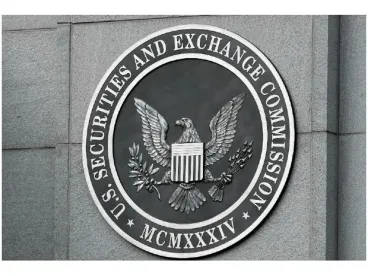On September 29, 2016, the U.S. Securities and Exchange Commission (SEC) brought its first stand-alone whistleblower retaliation case under the Dodd-Frank Wall Street Reform and Consumer Protection Act. The SEC alleged that the respondent company, International Game Technology (IGT), a publicly traded U.S. subsidiary of a foreign company, had wrongfully terminated the whistleblower from his position as the director of one of the company’s divisions. The whistleblower had raised concerns regarding IGT’s model used for estimating costs associated with refurbishing used parts, which the whistleblower believed were lower than actual costs. The whistleblower gave a presentation to his supervisors in which he raised the possible material impact of the cost model on the company’s financial statements. After the presentation, the whistleblower’s supervisor was critical of this “inflammatory statement” and decided to terminate him. At the same time, the whistleblower filed a complaint with the company’s internal hotline, which resulted in a hold being placed on his termination. During the company’s internal investigation of the whistleblower’s allegations by outside counsel, the whistleblower was removed from two important company projects. After the internal investigation concluded that the cost accounting model did not cause IGT’s financial statements to be distorted, IGT terminated the whistleblower. The SEC found that IGT had violated Section 21F(h) of the Exchange Act in taking action against the whistleblower. Without admitting or denying the SEC’s allegations, IGT agreed to the settled proceeding and agreed to pay a civil money penalty of $500,000.
This matter is significant because it marks the SEC’s first retaliation enforcement action without an underlying violation by the company. Although the SEC’s order does not specifically address the internal investigation’s finding that the company’s financial statements actually had not been misstated, the order suggests that the SEC did not take issue with this finding. Thus, the SEC’s implicit finding appears to be that the whistleblower reasonably believed that the financial statements were materially affected and the company wrongfully took action on his complaint.





 />i
/>i
